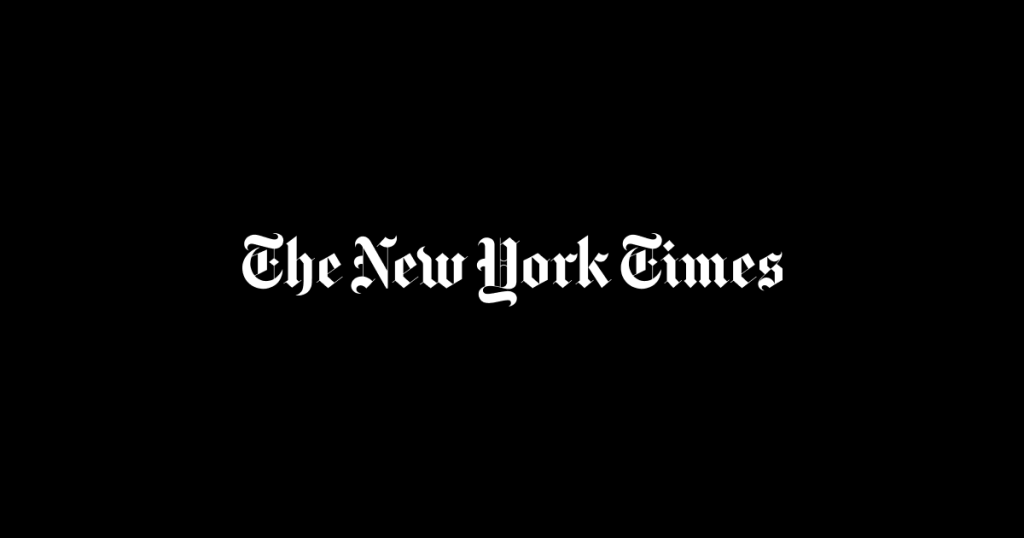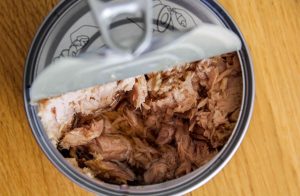President Trump’s second term dizzies many Americans, but I find it oddly familiar — an echo of the time I lived in China as a reporter.
Americans sometimes misperceive Trump’s actions as a fire hose of bizarre and disparate moves, a kaleidoscope of craziness. Yet there is a method to it, and I’ve seen parallels in authoritarian countries I’ve covered around the world over the past four decades.
It’s not that I offer a unified theory of Trumpism, but there is a coherence there that requires a coherent response. Strongmen seek power — political power but also other currencies, including wealth and a glittering place in history — through a pattern of behavior that is increasingly being replicated in Washington.
But let’s get this out of the way: I think parallels with 1930s Germany are overdrawn and diminish the horror of the Third Reich; the word “fascism” may likewise muddy more than clarify. Having covered genuinely totalitarian and genocidal regimes, I can assure you that this is not that.
Democracy is not an on-off switch but a dial. We won’t become North Korea, but we could look more like Viktor Orban’s Hungary. This is a question not of ideology but of power grabs: Leftists eroded democracy in Venezuela and Nicaragua, and rightists did so in Hungary, India and (for a time) the Philippines and Poland. The U.S. is the next test case.
When authoritarians covet power, they pursue several common strategies.
First, they go after checks and balances within the government, usually by running roughshod over other arms of government. China, for example, has a Supreme Court and a National People’s Congress — but they are supine. Here in the United States, many Republican members of Congress have similarly been reduced to adoring cheerleaders.
Trump ignores laws he finds inconvenient. He cannot legally fire inspectors general without 30 days’ notice, but he did so anyway. He moved to eliminate independent congressionally established agencies, which he has no authority to do. Probably unlawfully, he is sidelining Congress’s constitutional role by impounding funds. Even when faced with court orders, he appears not to be fully obeying in some cases.
American judges have shown that they are made of sterner stuff than China’s, but is the Supreme Court? We’ll find out.
Second, authoritarians try to crush independent referees and civil society institutions, including news organizations, universities, statistical agencies and central banks. After I covered the Tiananmen Square massacre as an eyewitness in 1989, The People’s Daily declared that I “spread new lies,” and the prime minister’s office ordered an audit of my taxes and tried to bar my infant son from getting a residence permit. (Note to Trump: Bullying didn’t work for China then, and it won’t work for you against most journalists.)
For similar reasons, Trump is doing his best to intimidate news organizations and discredit them as “enemies of the people.” There is always tension between journalists and the White House. President John F. Kennedy expressed his pique by canceling subscriptions to The New York Herald Tribune. But Trump’s moves to cancel subscriptions, sue news organizations, demonize journalists and unleash the government against them are not Kennedyesque but Orbanesque.
Trump’s choice for interim U.S. attorney in Washington, D.C., Ed Martin, who was in the mob outside the Capitol on Jan. 6, 2021, has raised the possibility of prosecuting reporters for reporting on Elon Musk’s team upending the federal government. Trump’s Federal Communications Commission is investigating PBS, NPR, ABC, NBC and CBS.
In a particularly blatant breach of free press principles, the White House has also barred A.P. reporters from certain events for failing to adopt Trump’s terminology of the “Gulf of America.” What next? Denial of access to reporters who decline to refer to aid workers as “fraudsters”?
Third, authoritarians sometimes recruit shadowy private enforcers to employ violence to intimidate or punish critics. China has used triad gangsters to suppress dissent, and India and Iran appear to have hired thugs to silence critics in Canada and the United States.
Trump has not gone that far, and I hope he never will. But his mass clemency of Jan. 6 rioters, including those who clubbed police officers, was a signal of impunity for violent political offenders acting in his name. His removal of security from former officials facing death threats, such as Anthony Fauci and Mark Milley, indicates a lack of concern for the fate of critics.
Trump in his first term tried to make the military function as a political militia, suggesting that troops fire on protesters, according to his former defense secretary Mark Esper. Trump once called on the Proud Boys to “stand by,” and he incited his followers to “knock the crap out of” hecklers. All this may be perceived by a band of extremists who despise some judge, journalist or senator as an echo of Henry II’s supposed plea, “Will no one rid me of this meddlesome priest?”
There are other characteristics of authoritarians that are evident in Washington today. The sycophantic praise directed at Trump by his aides is familiar to anyone who has seen personality cults from Turkmenistan to Bangladesh. Assertions that God has anointed a ruler or “spared my life for a reason,” as Trump put it, have been a dime a dozen.
Some Americans are puzzled by Trump’s fondness for ludicrous statements that are manifestly false, such as that his 2017 inauguration had record crowds or that he won the 2020 election. But authoritarians often issue torrents of nonsense not so much in hopes that people will believe it as to obscure reality in a blizzard of confusion. Officials are then summoned to publicly assert the official line — what in Chinese is called biaotai — not so much to persuade anyone as to pass a loyalty test and prove the regime’s power.
Orwell cataloged much of this in “Animal Farm,” and Musk played his role in the Hyperbole Olympics this month in asserting, “I love Donald Trump as much as a straight man can love another man.”
I’ve covered lots of dictatorships employing this authoritarian tool kit, but I’ve also seen many of them collapse eventually, from Eastern Europe to South Korea. Determined citizens who understand the stakes can — eventually, inconsistently — defeat those who manipulate opinion and laws. We saw that most recently in Poland.
So let’s pay attention to the larger mosaic, not just the individual tiles of outrage. The upheaval in Washington is 1,000 things, yes, but what’s emerging is a pattern of undercutting restraints on executive power in ways that weaken the democracy that we inherited and that we must fight to preserve.








